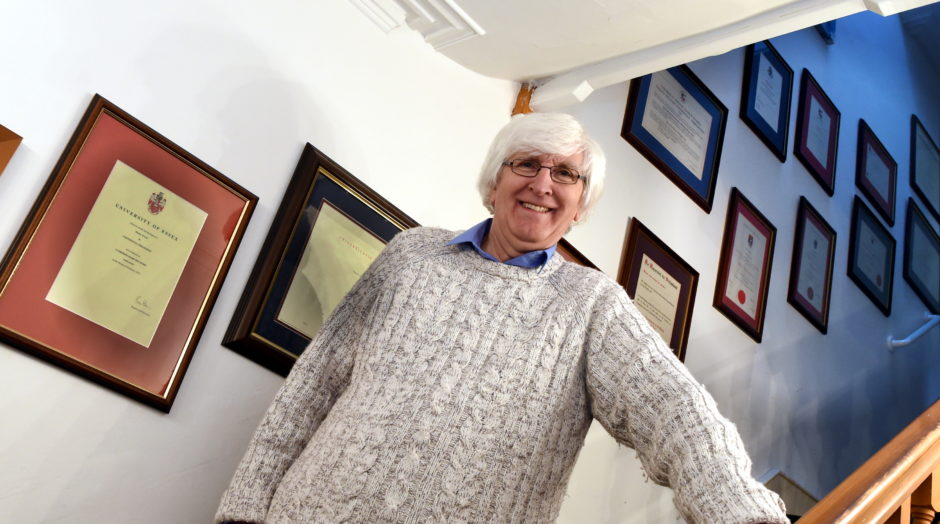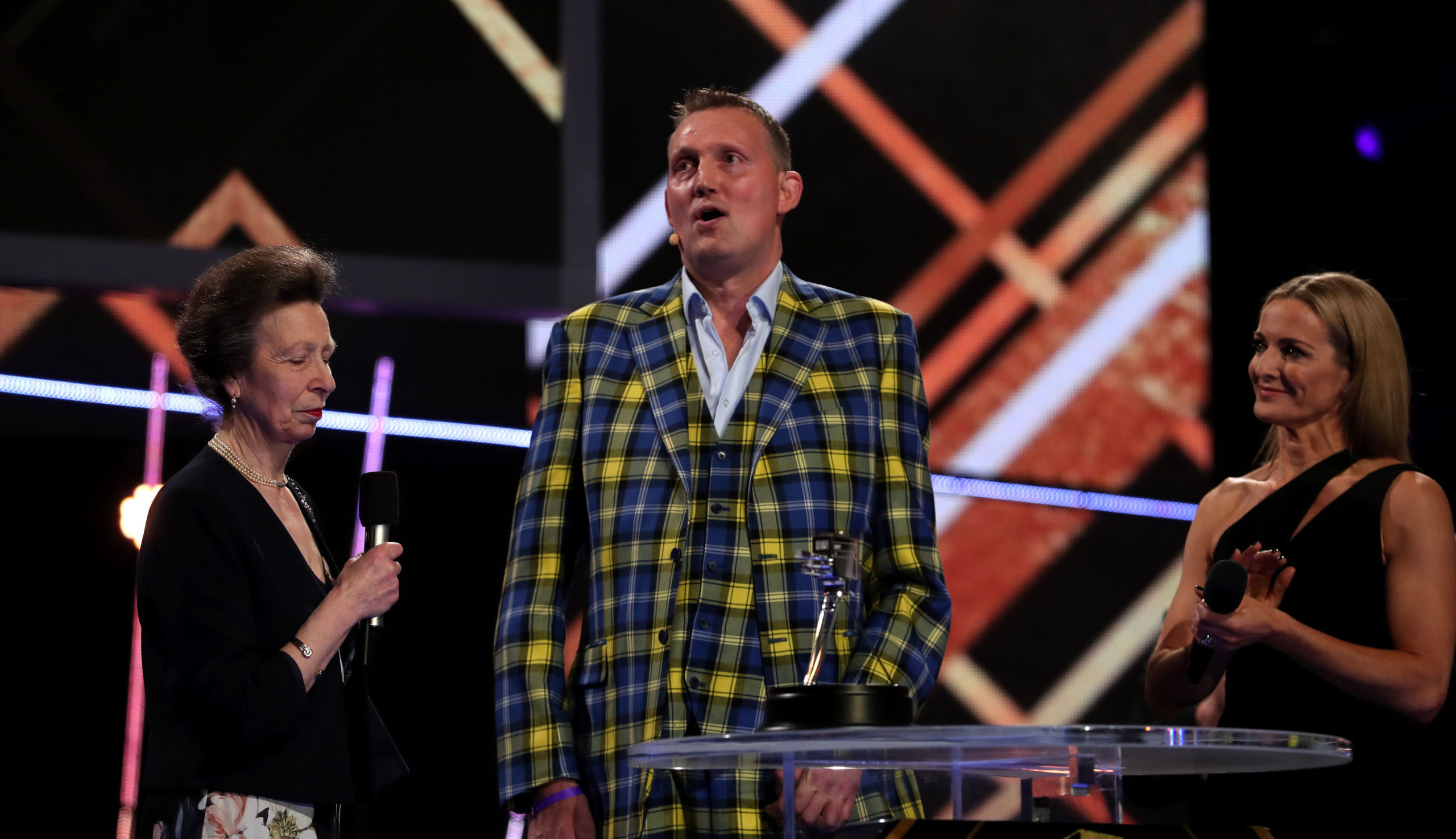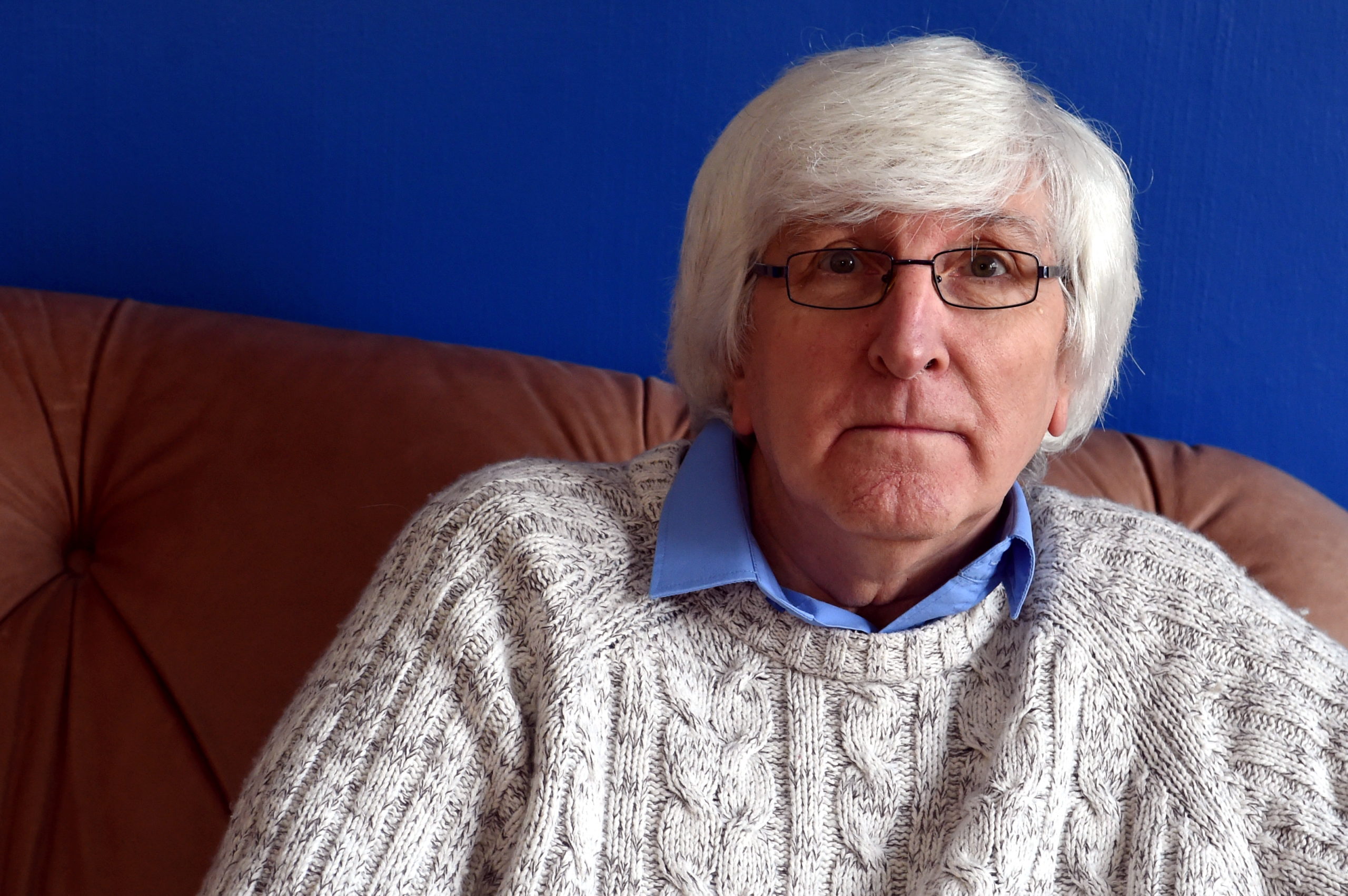
A leading North Sea safety specialist has spoken out on his battle with Motor Neurone Disease (MND) and his hopes to raise awareness of the terminal illness.
Dr Bill Robb, who has worked as a consultant for the oil and gas industry in Aberdeen for 25 years, said he has been “totally devastated” by the diagnosis but sees the likes of Scottish rugby legend Doddie Weir, who has been living with the condition, as an “inspiration”.
MND is a progressive disease that stops signals from the brain from reaching the muscles.
It has no cure and affects people in different ways, but can cause inability to walk, eat, drink or breathe unaided.
The 67-year-old was recently diagnosed after noticing weaknesses in his legs and slurred speech.
Supported by his wife and daughter, he is “always hopeful” of continuing his work, despite average life expectancy after diagnosis is 18 months.
He said: “As long as I can type, I will continue.
“I have a wonderful family and friends to support me and one is always hopeful.
“MND affects people very differently, and there’s no way of predicting which aspect of it will happen and when it will happen.
“They say normally death within two to three years of diagnosis, but several people have lived for five, six, 10 years and Stephen Hawkins, 20 years. So we live in hope.”
Dr Robb said he was “not too worried” about the prospect of death, but more so about the possible effects of MND like muscle paralysis and the inability to breathe unaided.
He added: “My main worries are the horrible things, but death is not really a bother.”
He also praised the work of the NHS, with dedicated specialists for MND, as well as the example set by Doddie Weir at the BBC Sports Personality of the Year in Aberdeen in December.
“The support from the NHS is absolutely excellent, they are very well trained, they know what to say, they know how to deal with it properly”, he said.
“(Doddie Weir is) a total inspiration as to how he has coped with it.
“The power in your hands goes, you even have difficulty dressing yourself, so to see him performing so well, and doing so in public, is a great thing.”
Around 400 people in Scotland are currently living with MND, while nearly 200 are diagnosed on average each year.
Dr Robb added: “I hope to raise awareness, because I certainly didn’t know about it until I started reading. There are hundreds of people in Scotland with MND.”
Since starting in health and safety in 1995, his work has included producing safety briefings and contributing to accident investigations, working onshore and offshore across 23 countries globally.
However, his main income earner and his professional “love” is carrying out talks and workshops on health and safety, which are no longer an option.
He has set up a JustGiving page in hopes of raising funds to support him and his family, with hopes to also make a contribution to the MND Scotland charity.
As a specialist in behavioural safety, he said one of the achievements he’s most proud of are the strides made in North Sea safety culture since the 1990s.
However, he is “very disappointed” that he can’t continue his work “to show how health and safety can be made less bureaucratic, more practical and more simple”.
Dr Robb has also crossed over to other industries such as shipping and power distribution, receiving two doctoral and four master’s degrees across his career.
One of his “biggest professional concerns” is that the value gained over the last 25 years is lost and he is therefore releasing publicly some of his research via Linkedin.
Dr Robb is also hoping another consultancy will be interested in taking on some of his materials, intellectual property and techniques.
He added: “One of my challenges over the years has been to cut down the bureaucracy, the unnecessary work, and to focus on the very practical side of safety that helps people at the coalface.
“Most people now accept wholeheartedly all the rules with health and safety.
“Supervisors are now better trained and managers are very focussed on the human and cost benefits of health and safety.
“Most accidents today are caused by good, intelligent, helpful, experienced people trying to do the right thing for themselves, their workmates and their company.
“There’s nothing esoteric or magic about good safety, it’s just practical common sense and good discipline.”
For more information on MND, visit the MND Scotland website.
Recommended for you



